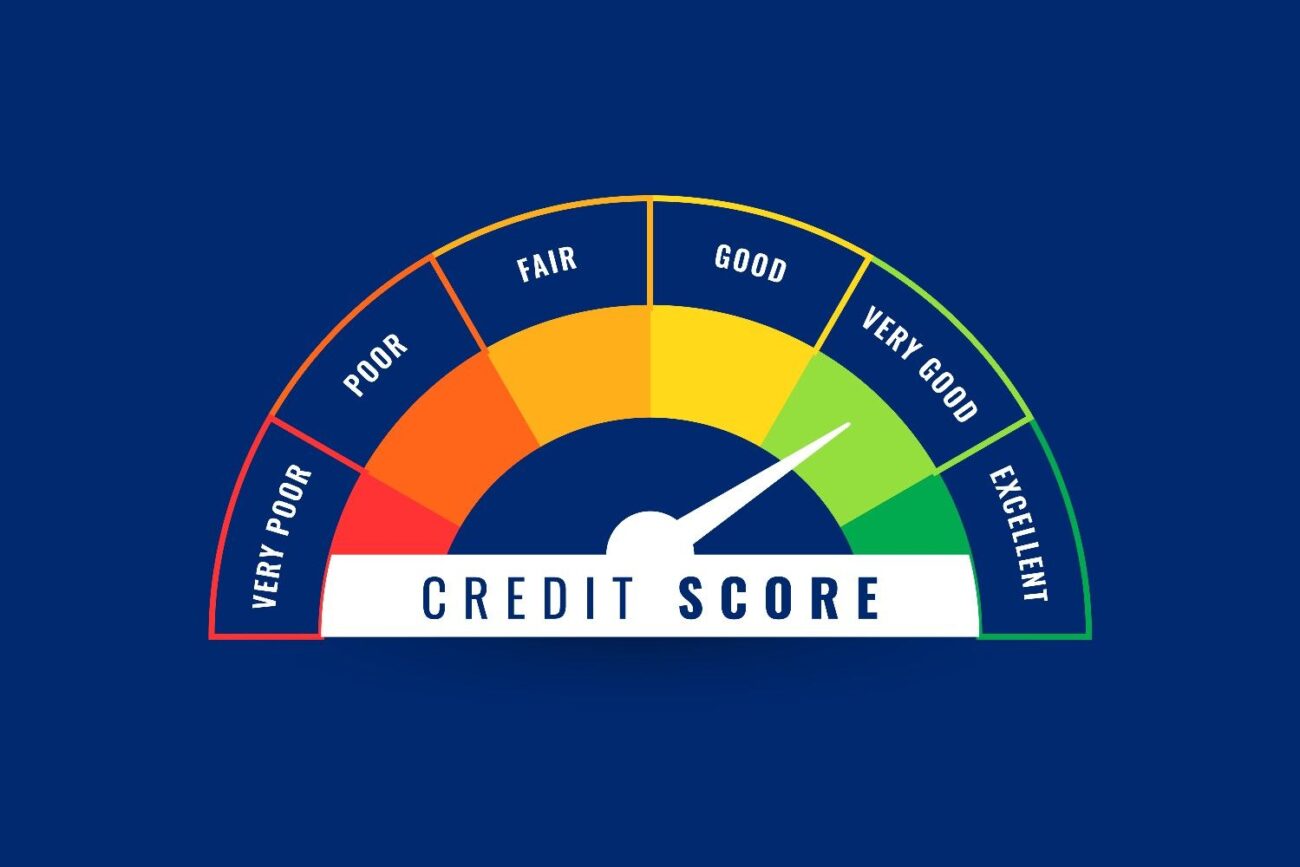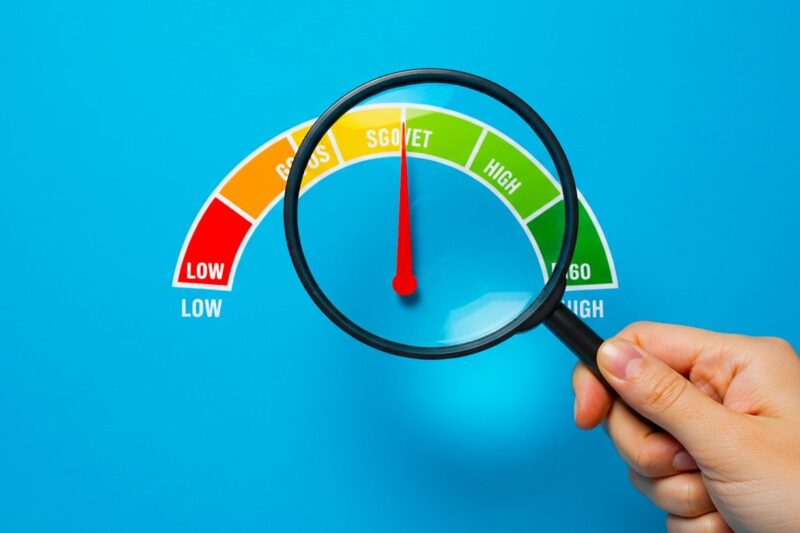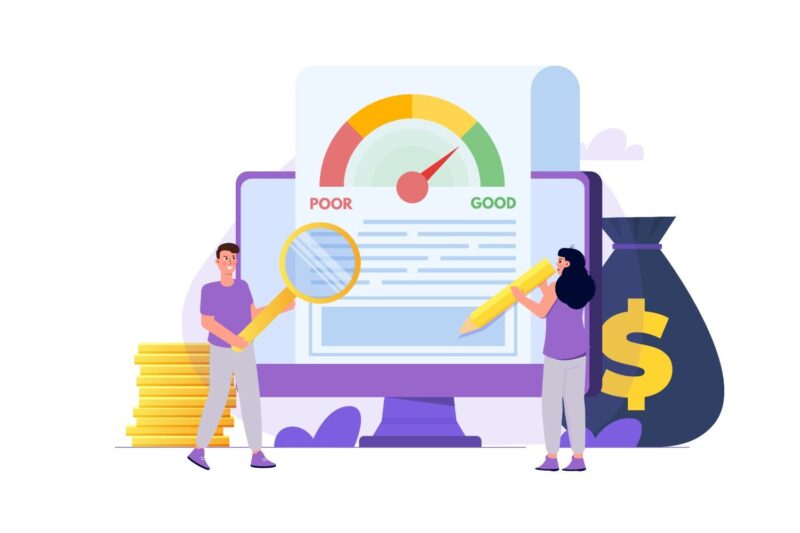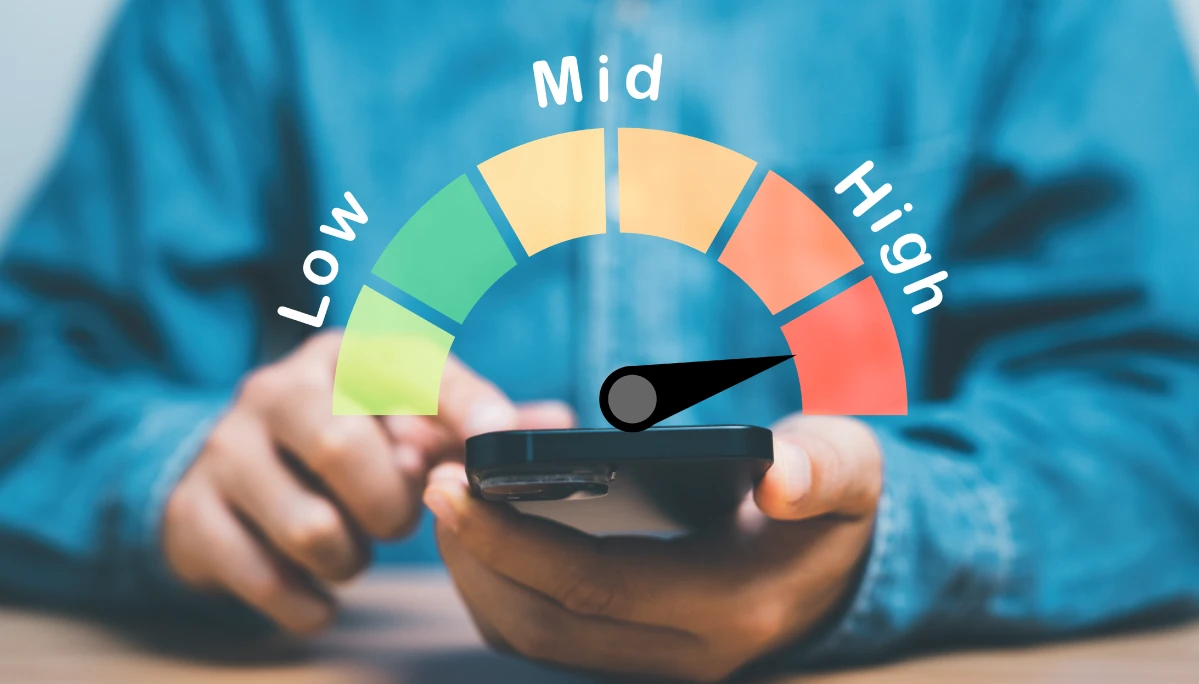The CIBIL score is one of the key numbers that can determine your financial life. It is among the main factors that banks and lenders look at when they are making decisions about granting loans or issuing credit cards. But many people don’t know that you can monitor it regularly using a free CIBIL check and take steps to improve it.
In this guide, we will lead you step by step through the use of no-cost tools to get a clearer understanding of your score, identify errors, and take actions that will gradually lead to a higher credit rating.
Reasons to Check Your CIBIL Score Regularly?
The main advantages of checking your CIBIL score are,
- Know your current credit health
- Detect errors in your credit report
- Track your loan repayment patterns
- Plan for future loans
By obtaining a free CIBIL check, you will be able to know your score at no cost and keep updated about your financial situation. Additionally, platforms like Olyv also allow you to monitor your credit activity and provide you with safe ways to improve your score.
Free CIBIL Check Procedure
The following is a very easy step-by-step explanation,
- Go to the CIBIL website or one of the RBI-authorised portals.
- Create an account using your PAN, email, and mobile number.
- Complete answering security questions so that your identification can be verified.
- You will then get immediate access to your credit report and score.
Free CIBIL Check Options in India
| Method | Cost | Features | Frequency |
| CIBIL official website | Free once per year | Full credit report + score | 1/year |
| Olyv platform | Free | Score tracking, tips, alerts | Unlimited |
| Partner bank portals | Free | Score summary, basic report | Monthly |
How Free CIBIL Check Helps You Improve Your Score
A complimentary CIBIL check does not merely imply access to your score. It is a tool that makes you consider taking measures,
1. Find Errors in Your Credit Report
At times, a loan or payment might be reported inaccurately. A cost-free checking does,
- Locate missing loans
- Fix wrongly reported defaults
- Change personal details
Making corrections can improve your credit score gradually.
2. Monitor Payment Habits
Your history of payments is 30% of your CIBIL score. Free CIBIL checks show you,
- Missed EMIs
- Late Credit card payments
- On-time repayment trends
By watching your behaviour, you can learn from past mistakes and not let them happen again.
3. Keep an Eye on Credit Utilisation
Your credit use impacts your score. Free checks enable you to,
- See how much of your available credit you are using
- Maintain utilisation below 30%
- Adjust spending before applying for new loans
4. Prepare for New Loans or Credit Cards
If you plan to apply for a loan, a free CIBIL check helps you.
- Know your eligibility
- Estimate interest rates
- Submit your application at the perfect moment, thus avoiding multiple rejections
Key Factors That Affect Your CIBIL Score
| Factor | Impact on Score | How Free CIBIL Check Helps |
| Payment History | 30% | Highlights missed payments |
| Credit Utilization | 30% | Shows high credit usage alerts |
| Credit Age | 15% | Shows the oldest and newest accounts |
| Credit Mix | 10% | Displays types of loans and cards |
| Enquiries | 15% | Tracks multiple loan/card applications |
Tips to Improve Your CIBIL Score After Checking
- Make sure you pay your EMIs and credit card bills punctually.
- Reduce outstanding credit card balances.
- Do not apply for multiple loans at the same time.
- Keep your old accounts alive to make your credit history longer.
- Set up notifications and monitor your score with the help of platforms such as Olyv.
Conclusion
A free CIBIL check is a powerful tool to take control of your credit health. By regularly checking your score, spotting errors, monitoring credit usage, and improving repayment habits, you can improve your CIBIL score steadily. Platforms like Olyv make it easier to understand your credit behaviour and take timely action.
Remember, improving your score is a gradual process, but consistent monitoring and responsible financial habits will ensure long-term benefits for loans, credit cards, and other financial needs.




